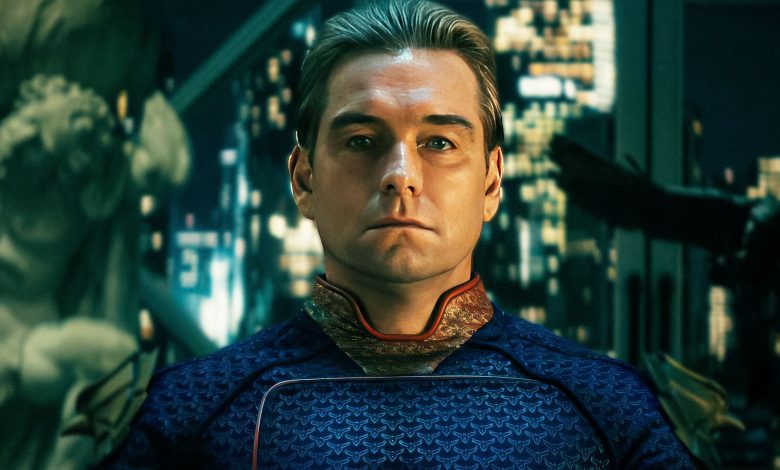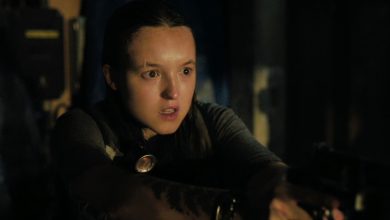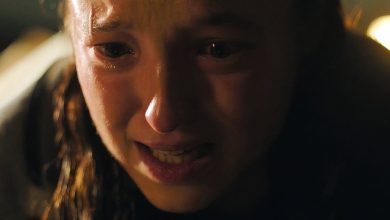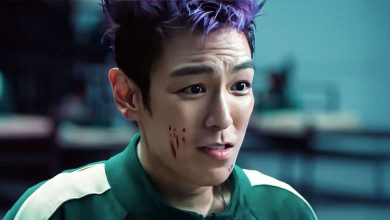Why The Live-Action Homelander Is Better Than the Comic Version in The Boys

The The Boys franchise has introduced two vastly different versions of Homelander, and it’s clear that the live-action adaptation has delivered the stronger character arc. While the Amazon Prime series debuted its now-iconic Supe only a few years ago, Homelander first appeared in The Boys comics more than a decade earlier.
Though the show follows the basic premise of the comics, it has taken a distinct narrative direction, especially regarding its central antagonist. One of the best changes the series made was giving Homelander more depth, making him more nuanced and tragic than his comic book counterpart.
Comic Homelander: Evil but Underdeveloped
In the original comics, Homelander is a Superman-inspired Supe, cold, powerful, and emotionally detached. As the leader of The Seven, he is one of the most feared beings on the planet. Over time, he descends into madness, fueled by manipulation from Black Noir, who is later revealed to be his clone in The Boys #65.
This version of Homelander ultimately attempts a coup against the U.S. government, leading an army of Supes to the White House. His downfall comes when he discovers Black Noir’s true identity and is killed in a brutal confrontation. Despite the epic scale, this arc lacks emotional nuance, portraying Homelander as one-dimensional and easily manipulated.
Live-Action Homelander: A Tragic Descent
The Amazon Prime adaptation takes a very different approach. In the series, Black Noir is not a clone, and Homelander’s villainy is not the result of external manipulation. Instead, the show focuses on Homelander’s upbringing, raised in a lab by Vought, deprived of affection, and emotionally stunted.
His desire for love and connection is evident early in the series, particularly in his relationship with Madelyn Stillwell. However, after her death, Homelander begins to embrace his darker impulses, evolving into a full-blown sociopath. What makes this version more compelling is the psychological realism — his descent is a result of trauma, fame, and power, not genetic manipulation.
The show also reflects on how society enables his behavior, as his violent tendencies are eventually celebrated by his fanbase, further reinforcing his worst instincts. The narrative allows viewers to witness how Homelander becomes the villain, adding layers of complexity that were missing in the comics.
See More ...
Why Live-Action Homelander Is Superior
Among all the changes The Boys series made, its reimagining of Homelander is arguably the most successful. The show offers a deeply tragic and terrifying version of the character — a superhuman raised without love, shaped by corporate greed and public adoration.
While the Black Noir twist in the comics was shocking, the show’s version is more emotionally resonant and narratively satisfying. Antony Starr’s performance adds even more depth, turning Homelander into one of the most iconic villains in modern TV.
Homelander’s Evolution Defines the Show
The live-action The Boys didn’t just adapt the comic — it refined its core ideas, especially through Homelander’s character arc. By focusing on psychological development and social commentary, the series transformed a powerful comic villain into a culturally relevant anti-hero, illustrating how power without empathy can corrupt absolutely.
First Episode Air Date: July 26, 2019
Main Cast:
Karl Urban, Jack Quaid, Antony Starr, Erin Moriarty, Dominique McElligott, Jessie T. Usher, Laz Alonso, Tomer Capone, Karen Fukuhara, Jensen Ackles




